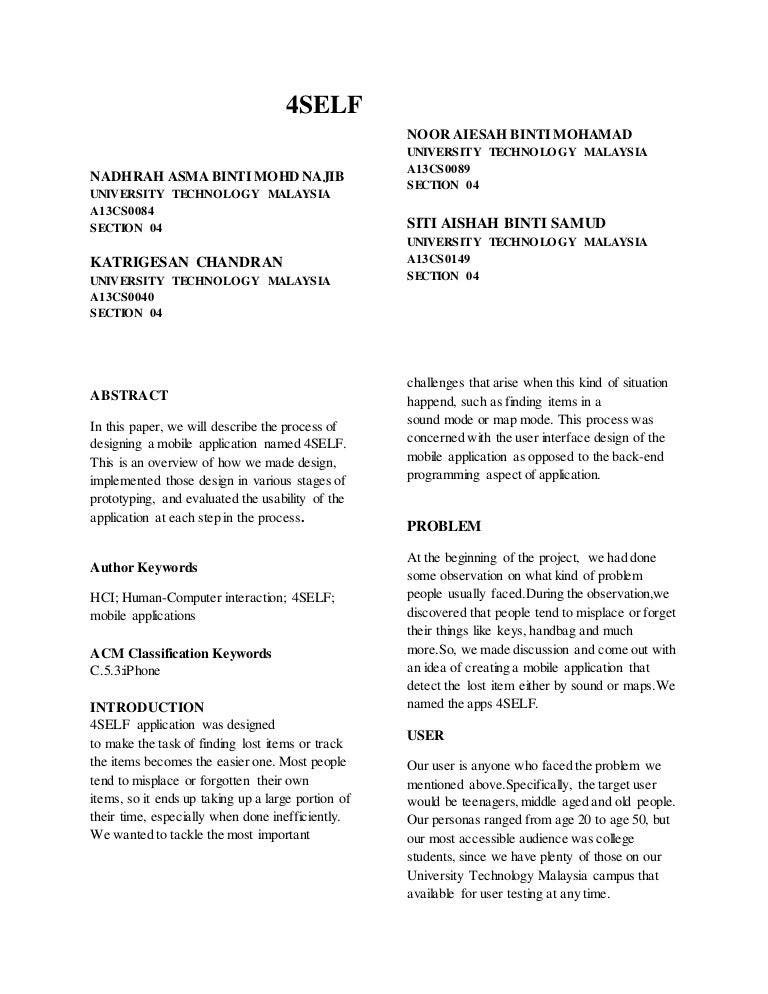

#Testout pc pro 5.0 outline software
This approach is very prevalent in the information technology (IT) industry, where personnel are certified on a version of software or hardware. Product-specific certifications are more involved, and are intended to be referenced to a product across all applications. While this certificate has limited portability – to other corporations, for example – it is the most simple to develop. For example, a corporation might require a one-day training course for all sales personnel, after which they receive a certificate.

Listed in order of development level and portability, they are: corporate (internal), product-specific, and profession-wide.Ĭorporate, or "internal" certifications, are made by a corporation or low-stakes organization for internal purposes. There are three general types of certification.

Many members of the Association of Test Publishers (ATP) are also certification organizations. The Institute for Credentialing Excellence (ICE) is a U.S.-based organization that sets standards for the accreditation of personnel certification and certificate programs based on the Standards for Educational and Psychological Testing, a joint publication of the American Educational Research Association (AERA), the American Psychological Association (APA), and the National Council on Measurement in Education (NCME).
#Testout pc pro 5.0 outline professional
In other countries, licenses are typically granted by professional societies or universities and require a certificate after about three to five years and so on thereafter. Obtaining a certificate is voluntary in some fields, but in others, certification from a government-accredited agency may be legally required to perform certain jobs or tasks. In the United States, licenses are typically issued by state agencies, whereas certifications are usually awarded by professional societies or educational institutes. Ĭertification is different from professional licensure. Certifications are very common in fields such as aviation, construction, technology, environment, and other industrial sectors, as well as healthcare, business, real estate, and finance.Īccording to The Guide to National Professional Certification Programs (1997) by Phillip Barnhart, "certifications are portable, since they do not depend on one company's definition of a certain job" and they provide potential employers with "an impartial, third-party endorsement of an individual's professional knowledge and experience". Certificate programs are often created or endorsed by professional associations, but are typically completely independent from membership organizations. Many certification programs are affiliated with professional associations, trade organizations, or private vendors interested in raising industry standards. Renewal usually requires ongoing education to remain up-to-date on advancements in the field, evidenced by earning the specified number of continuing education credits (CECs), or continuing education units (CEUs), from approved professional development courses. Most certifications are time-limited some expire after a period of time (e.g., the lifetime of a product that required certification for use), while others can be renewed indefinitely as long as certain requirements are met. They are granted by authorities in the field, such as professional societies and universities, or by private certificate-granting agencies. 4.4 Archival science, information privacy, and records managementĪ certification is a third-party attestation of an individual's level of knowledge or proficiency in a certain industry or profession.4.1.2 Internal auditing and fraud combat.3 Professional certificates awarded by tertiary education providers.


 0 kommentar(er)
0 kommentar(er)
